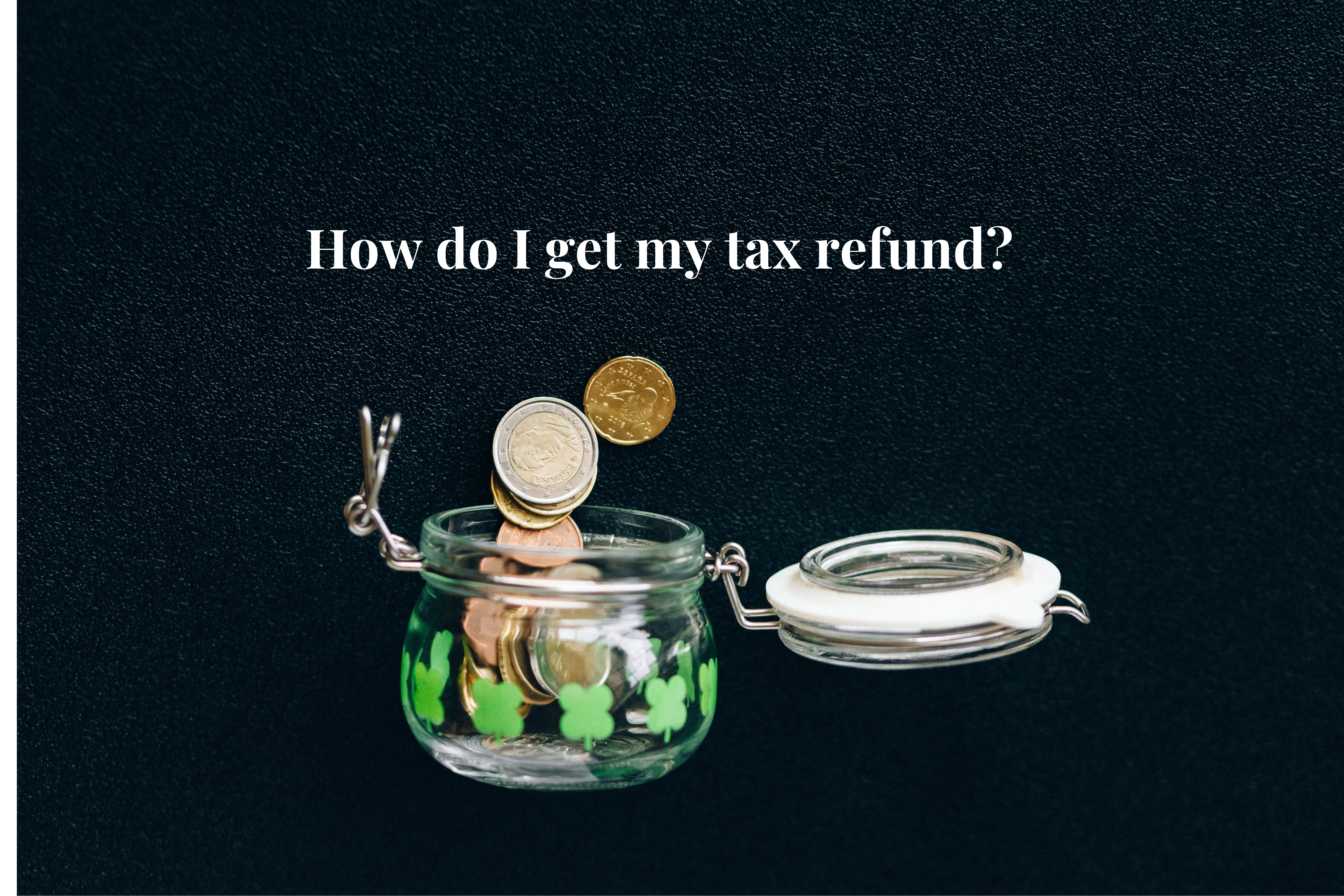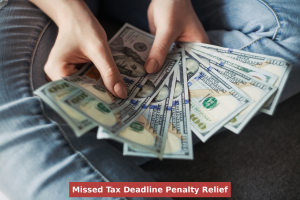What is a tax refund?
A tax refund is an amount that the government reimburses a taxpayer for overpaying taxes. This usually occurs when your actual tax liability is less than the amount of tax that is withheld from your paychecks over the year. You could receive a refund even if you didn’t owe any tax, provided you meet the eligibility criteria for a refundable credit.
How do I check my refund status?
Before checking your refund status, you need to have the following.
- Individual Taxpayer Identification Number (ITIN) or Social Security number.
- The total amount of your reimbursement
- Your filing status
Once you have the above-mentioned details, use the IRS Where’s My Refund tool or the IRS2Go mobile app. Both are online platforms, and it makes tracking your refund faster and easier. The data is updated overnight, once a day.
You have the option to reach out to the IRS to inquire about the status of your refund through a phone call as well.
When will I get my tax refund?
To complete the processing of your refund, the typical duration is:
- E-file return: In general, the IRS issues most refunds within 21 days after you e-file your tax return.
- Paper returns: Processing paper returns usually takes 4 weeks or longer, so expect your refund to take more time to reach you.
- Extra review: It may take longer if your return requires corrections or additional review.
How can I claim my tax refund?
The IRS proposes these ways to claim your tax refunds.
- Direct deposit: Direct deposit offers the fastest route, typically delivering funds within 21 days for e-filed returns. It’s also the most secure and fast way.
- Paper check: Choose this option if you prefer a physical check mailed to your address but it may take time.
- Savings Bonds: They provide a safe and secure investment option that accrues interest over time and can be used for future education expenses.
Why does the amount of my refund not match what I expected?
If your refund doesn’t match your expectations, it could be due to several reasons:
- Your return has been corrected, and you will receive a notification.
- We used your refund to pay off certain state or federal obligation.
- Your refund from a joint return was allocated to your spouse’s debts.
These are some of the reasons but if you are still unsure why your refund does not match what you expected, you can check for further details in “Where’s My Refund?”
When can I get a tax refund in 2024?
Taxpayers who file their taxes promptly on January 29 can expect to receive their payments by February 19, as most refunds are made within 21 days after you e-file your tax return. But it can vary from case to case.
Feeling overwhelmed with taxes? We have got your back. Feel free to get your FREE personalized tax guidance today.




